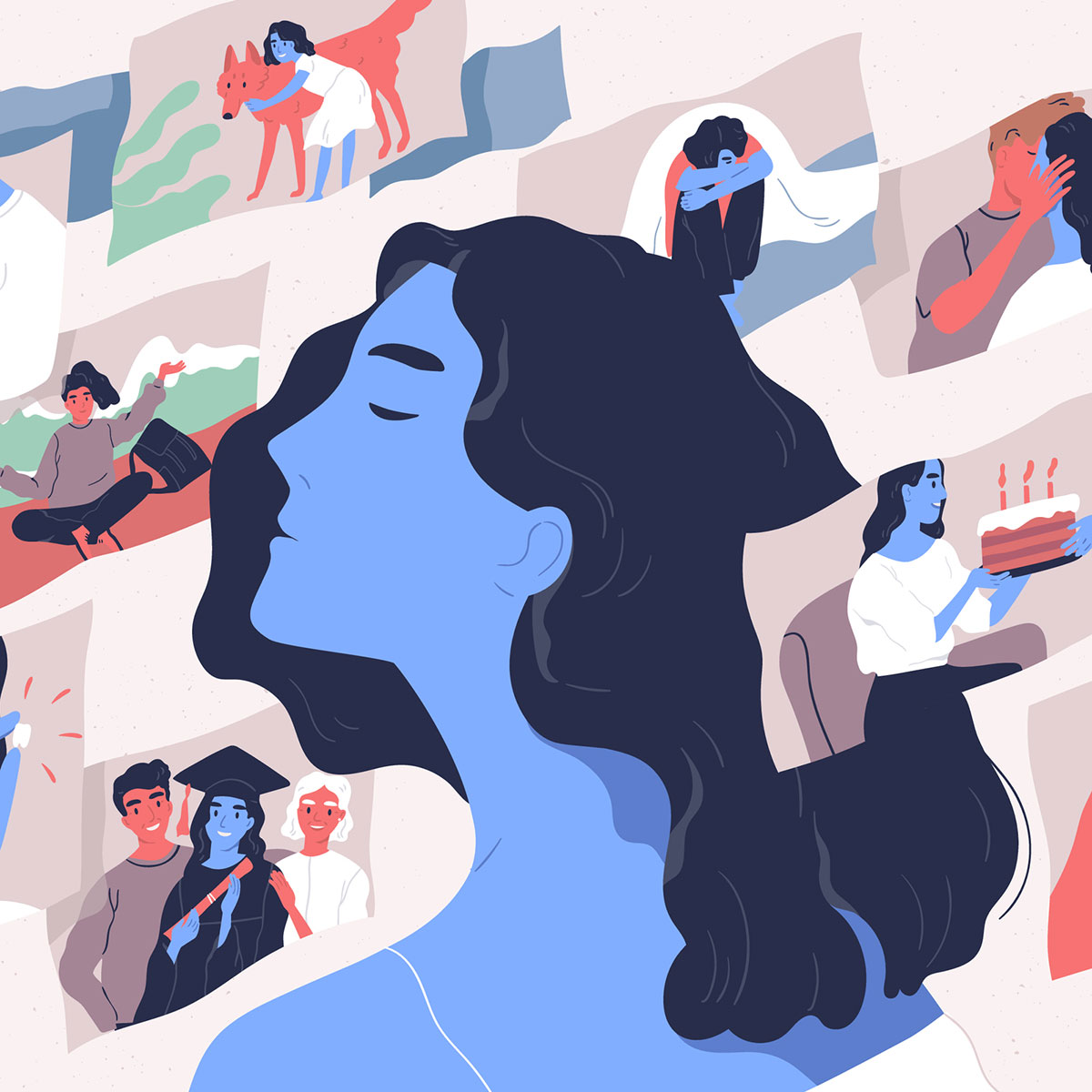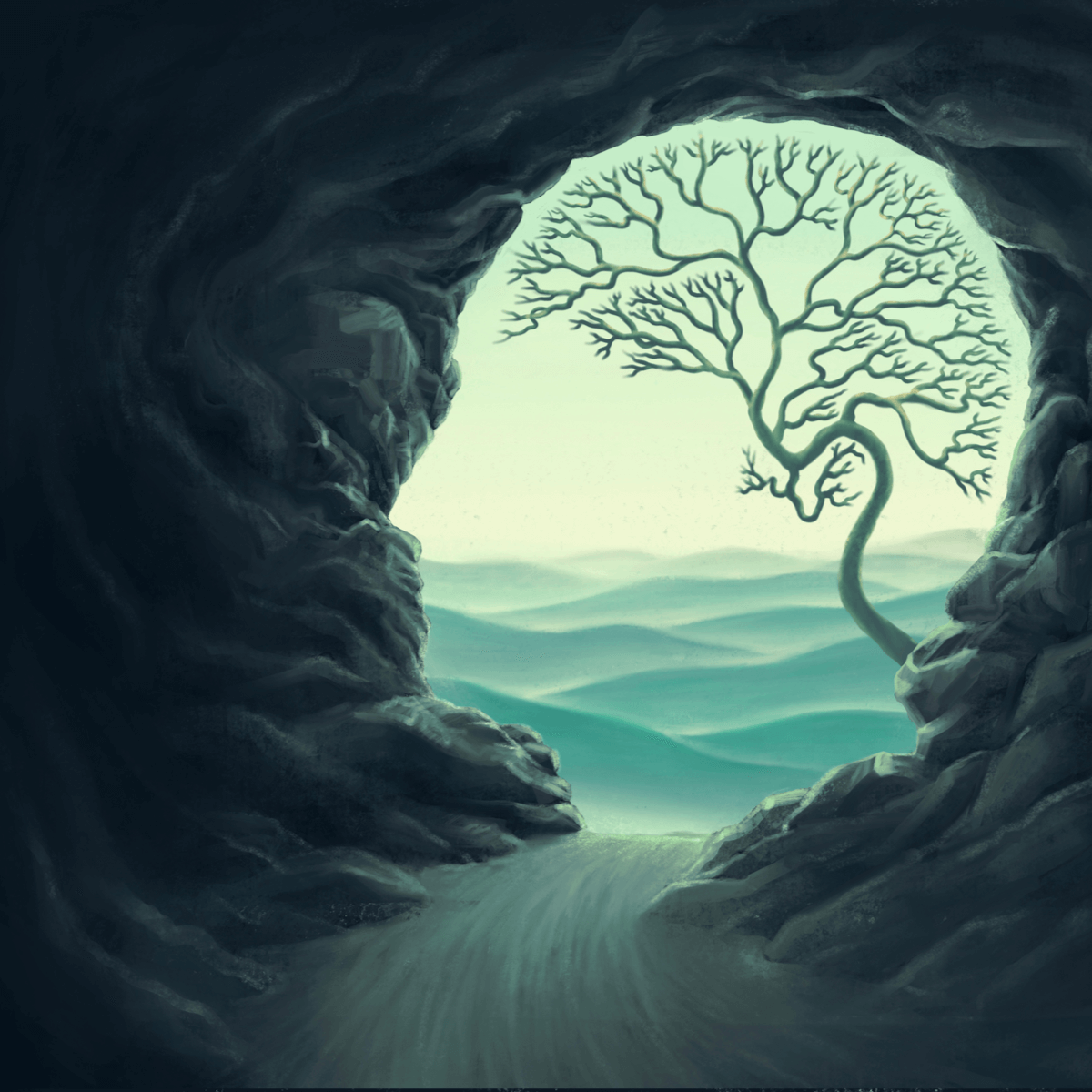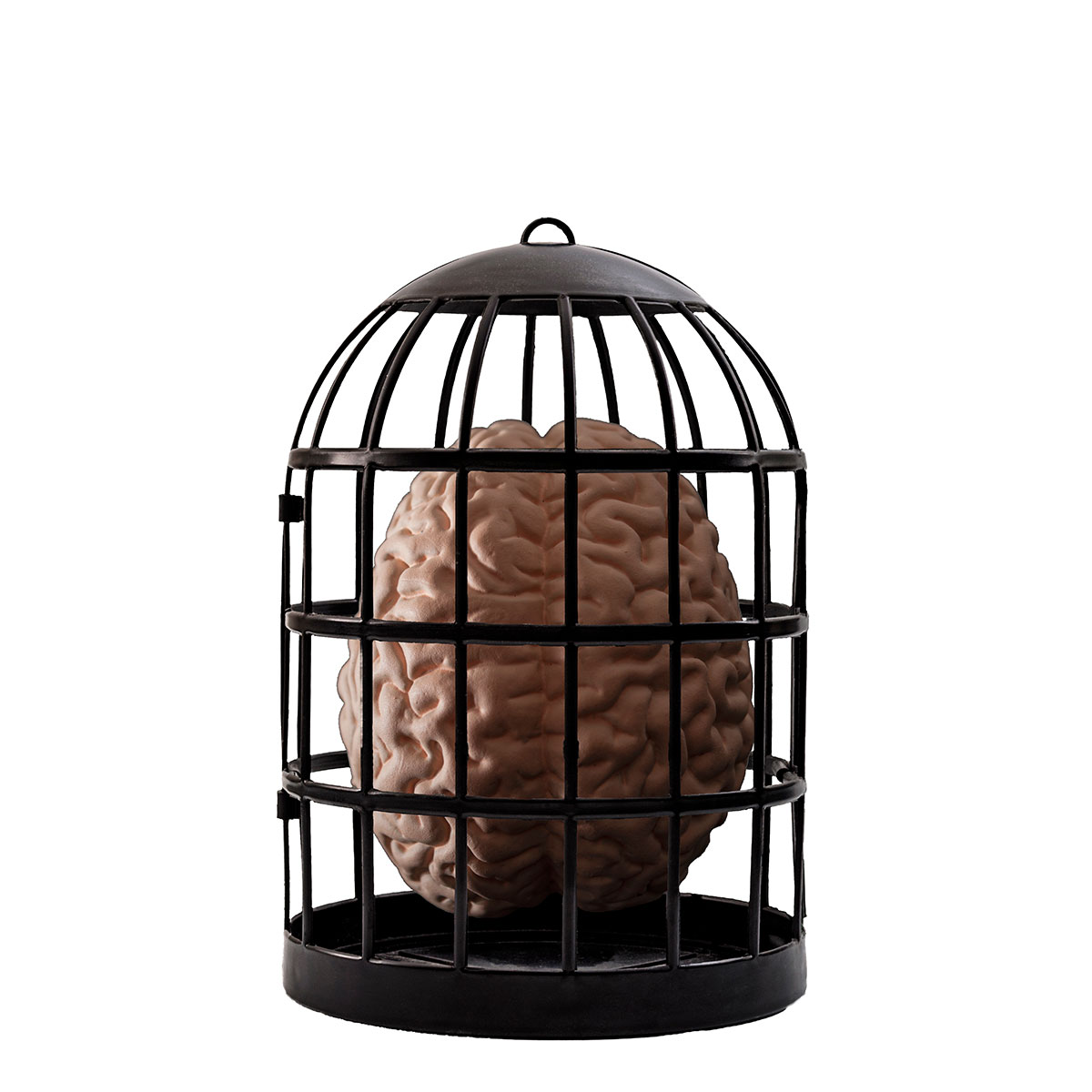Blog Series | The View From my -SHIPs
Welcome to my fleet of -SHIPs: my stories on leadership, friendship, personal relationships, business partnerships, personal ownership, the money-ship and a sneak peek into my world on the metaphysical mothership.
Remember how I mentioned in a past blog post that I take my clients back to their childhood as spiritual observers of the memory rather than as participants? This is an example where the adult observer and the child did not agree on the intelligence of the Self.
My third-grade teacher, Mr. Bradley, was a full-time substitute who encouraged clapping, celebrating, and moving kids around every few weeks so their desks were sometimes in the front next to the teacher. We were seen, heard, engaged. Every so often, he would issue little paper awards that had been decorated by the class the week before. For the most part, I enjoyed my teacher and learning and school. Unfortunately for the incoming 2nd graders, the teacher in the next classroom constantly complained of the excessive noise, and Mr. Bradley wasn’t invited to return the next year.
Then came 4th grade and I went invisible. I failed English all four quarters. The teacher was Mrs. Davis, someone I now can now say in retrospect probably started her teaching career at a Catholic school where hitting students was legal. She had the same disgruntled energy of my drill sergeants, except my drill sergeants were primed to be mean and were forced to stay awake for 24 hours once a week; they also weren’t allowed to eat during sunlight hours for the first month of basic training. Cranky and hangry was an Army strategic move. For her, it was a choice. She chose to dim the child’s spirit by telling the kids that there was no such thing as Santa Clause, that we were too old for trick or treat, and so on.
The next year I had another teacher that I didn’t care for, but this time I was too visible. Her name was Mrs. Ditmar. Not only did she make fun of me every time I said the word decimal, but she also made a point to bring me to the front of the room to say it out loud in front of the whole class. I tried using the word “point”, or “dot”, but she insisted I say decimal. To this day I still don’t know what was wrong with how I spoke. I vividly remember the moment when I declared in my head that I hated her and I vowed I would become a teacher and teach better than she did.
Then came middle school. The only teacher I connected with was my seventh grade English teacher, but she was gone most of the school year because someone had broken into her house in the neighboring rural town of Richmond, tied her up, and left her there after robbing her. It was several days before she was found. She wasn’t able to teach for months because she was processing trauma in a very real way. It seemed like something always happened to the teachers I liked the most.
Fast forward to high school when I hung out with both the geeky honor students and the edgy cigarette smoking street kids. I became the covert rebel. There was a rule that let honor students leave the property during study hall while the rest had to hang out in a classroom somewhere. Since the principal saw me eating lunch with the studious kids, he never questioned when I would walk out the front door with the honors kids to go to get a burger at a fast food restaurant in the middle of the school day despite not being in any honors classes.
At my high school graduation ceremony, I was second to last person staged to receive my high school diploma. I would have been third to last except the family of the missing student (who ranked between me and the last student) didn’t have a car to drive to Tanglewood, the summer home of the Boston Symphony Orchestra and annual location for my high school’s graduations. I don’t know if she had any close friends to drive the 8.5 miles to the venue. But there was a moment right before I reached the stage that it hit me – I realized we were placed in GPA order from highest to lowest. They say there are definitive moments in our life that alter the trajectory of our life. Up until that moment I had no clue where I ranked in the school. How dumb could I be that I didn’t even realize I was that low in the rankings?
There was an event prior to high school graduation where the seniors that elected to go to Berkshire Community College (BCC) were invited to visit the campus and tour as a group. I hadn’t received an invitation despite applying. I learned about the event from a high school classmate who happened to be in the same PE gym class my first semester at BCC. She was surprised to see me at BCC because I hadn’t been part of the group that was invited to the event. I processed that as the school administration not having any faith in my stubbornness to move forward. Admittedly, I struggled immensely with auditory, dictation style teachers. I struggled trying to study biology, chemistry, economics, anatomy and physiology, and subjects I had no interest in. It didn’t come naturally to memorize subjects and topics when I had no ambition or reason to learn them. That ambition and interest to learn biology and anatomy didn’t come for another 25 years when I had a reason and purpose to study those topics.
Moving from community college to university was a big jump for me financially, geographically, and in intensity. The school is now a university but at that time it was just a four-year college, a lot smaller in size, but still 1.25 hours away from where I lived. I failed a class; however, in my defense, why we were required to take Calculus 1 and 2 for a degree in accounting baffled me. Never once have I ever used Calculus for anything in my life that couldn’t be solved faster by Google. Although, in fairness, Google wasn’t a thing yet and we were still toting $150 TI-83 scientific calculators. I squeezed my way through Calculus 1 the way an octopus moves through a 3″x3″ hole, passing with a D. Not so lucky with Calc 2. My GPA was already a small boat in an ocean storm but that F in Calc 2 really sank the GPA score.
EMPRIM MEDIA
From 2005–2006 I had created a small-town media company E.M.P.R.I.M. MEDIA. It consisted of a black and white publication distributed to most of the middle and high schools in my county, plus a public access TV show that broadcasted to the three public access stations (central, north and south Berkshire County). The topics focused on the hard stuff about being in middle and high school, things like how to ride a public bus for the first time, what to expect at a first interview, the dangers of interacting with predators online, what to expect in Driver’s Ed, things we were ashamed or afraid of, and other subjects tweens and teens wanted to know about. The kids who showed up the day we interviewed at a TV station became the ones who ran the cameras, staged the floor, operated the controls, etc. The interviews would then be transcribed into print for all the kids to read.
The intent of the show and magazine was to help kids like the ones I hung out with in high school feel more normal. A place to be seen and heard. My high school years consisted of spending a lot of time with the other misfits in school — foster kids, latchkey kids, kids who smoked pot (that was most certainly not a social norm in the early 90s). There were kids so poor they couldn’t afford a dress for the harvest festival, never mind the expenses of prom; there were kids that were institutionalized in 2–4 week lockdowns for feeling suicidal, and kids who had really shitty parents too drunk to care that the electricity had been shut off. In many ways, I related to their emotional emptiness of being a teenager. Amidst the façade of living an upper middle-class life in a middle-class neighborhood, my tribe was the misfits of the school.
I had created the magazine and TV show 12–13 years after I graduated high school when technology wasn’t as readily available for personal use as it is now. The editing software the public access TV station used was great at the time, but not compared to what we know today. I produced just a couple issues of the ‘magazine’ and a couple dozen episodes of the TV show. As much as I loved doing it, I found it was more than a full-time job for zero pay, and I couldn’t sustain doing it alone. It was too hard to do solo. The issues had mistakes that my friends and I had missed, and although it wasn’t the most polished piece of art I’d ever created, it did serve a greater purpose.
It helped me heal from old rules and wounds. I still didn’t consider myself particularly smart, but at least I had helped rewrite my brain’s poor “software coding” regarding my capacity to write and express myself with words.
It also gave me insight into the mindset of high-risk middle and high school kids. I was granted permission to visit the alternative school once a week. We did anonymous writing submission about hard topics, things like what’s one thing you wished your parents didn’t do, and we read stories of kids having to go home to their parents and cook dinner for the family because one or both parents were too drunk or drugged up to wake up.
Again, everything was anonymous, but along the way I unintentionally learned graphology and could match handwriting to personality, anger, career interests, and other factors. The first time I noticed handwriting was with my first therapeutic foster kid who brought home a science paper that had an A grade. The problem was I knew it wasn’t hers. Her name was at the top of the paper but the handwriting wasn’t hers. It was too curvy, too bubbly, the ink wasn’t thick enough, and it was missing the felon’s claw strokes in her lowercase e, g, and y letters. I didn’t know the names of strokes at that point, I just knew she wrote with a heavier hand and had pointy marks on her lowercase letters. Ironically, the felon’s claw indicates a writer’s tendency to cheat.
There were other reasons for creating EMPRIM MEDIA. I may have grown up in a middle-class family but there were many unspoken secrets hiding in my head. I had a lot more in common with the foster kids who openly talked about their traumas than I did with my own family members that shoved secrets in closets. My friends didn’t steal from me like my brothers did. My friends didn’t care about outperforming me like my studious and athletic sister did. My friends didn’t care that I didn’t know everything. My friends didn’t ignore me and or blame me for my brothers’ actions like my father did. My friends just wanted to hang out.
Many of the themes I chose for the public access show were things I wished I had known in high school so I wouldn’t have felt as dumb. Many of the topics were an attempt to allow other kids the chance to express their genius despite the hardships of life.
The ASVAB
The first clear sign something was amiss in my seemingly validated rule that I wasn’t smart was when I decided to join the military and had to take the Armed Services Vocational Aptitude Battery, or ASVAB for short. The exam was broken down into sections and each section was timed. Each person had a different paper version noted on the front of their test ranging from A-D. This was before the ASVAB testing was done electronically. I sat in the front of the room and found I was finishing each section early — paper turned over, pencil down, looking around and seeing that no one else was looking up. So I put my head back down and reread the entire section just in case I missed something — that kind of early. We had to exit the room once we finished all the sections so the instructor could print and place our results in an envelope with our name already written on it. He then called each person in the room and handed them their envelope. I didn’t open my envelope until I got closer to my vehicle and skipped over much of the details to zoom in on the score. The important number was the overall Armed Forces Qualification Test score because that determined which tier of jobs I qualified for. The test ranked from 1 to 99 and the score showed a 32. My heart sunk. This just didn’t make any sense. I knew I wasn’t the smartest person but to be so close to the cut-off of not being allowed in the military (the minimum was 31 at that time). It just didn’t make sense. That meant I was limited in the jobs I could pick in the military. Right at the point I was catching my breath and convincing myself that the computer was wrong and I must have erased too many answers and confused the computer, a guy’s voice gradually increased in proximity and interrupted my confusion. He asked if I had his paper, pointing to the paper in his hand that had my name on it. The envelope had my name on it but the paper did not. I had scored in the top 9%! That also caught me off guard.
My younger child believed she was dumb. My adult self was now in conflict with that belief. Looking back as the observer from a conscious state, I realize the poor grades were due to having parents that weren’t actively involved in my upbringing, parents that spent more time fighting with themselves than focusing on our education, an immigrant mother who learned English and math as I was learning it, and a home life that wasn’t a safe haven but a battlefield of mistrust. I spent much of my teen years trying NOT to be home.
Even before that, I would wait until the last minute to do any sort of middle school project and then ask for help only to endure hours of my father talking at me about whatever his beliefs were, or his relationship to the topic, but not actually sitting down and helping me complete the task. Neither of my parents made it past a high school education. My mother didn’t work until I turned 13 and my father worked for his father, never needing a formal education. I didn’t grow up watching my parents read or study or dive deeply into any hobbies other than my mother’s desire to sell Mary Kay cosmetics. To this day I have no clue what my father likes other than those nasty junk food tasty cakes that a diabetic shouldn’t be eating, or collecting things from the dollar store or Goodwill that I’ll later have to trash in a dumpster when he dies. Homework completion and concentration and pronouncing the word decimal correctly and learning chemistry and biology and writing senior thesis papers weren’t my priorities. My priorities revolved around social connections, feeling seen and heard, and feeling like I belonged somewhere — even if that somewhere wasn’t my home. There wasn’t much of a chance to feel confident or competent in my intellect as a child.
Gold Tassels
The second sign I needed to shift my beliefs about my intelligence came during the housing crisis in 2009. Tim and I had just learned I was was pregnant again, only two months after my third miscarriage, which sort of explained why I had been getting lightheaded at work. 2009 was also marked with other firsts: we had just purchased our first house, my job at the Hoover Dam was eliminated and I was on unemployment for the first time. 2009 also included Tim getting laid off and me enrolling in an online program at the community college for the Montgomery GI Bill money so we would have extra money to pay our bills.
I expected community college to be easy since I had already completed a bachelor’s degree. What didn’t expect was that I would get high honors in my online program without really trying. I didn’t really study for my grades, I just did it my way. Turns out, my way got me gold tassels.
For most of my life leading up to joining the military, I constantly fought a battle in my head with one voice telling me I was smart and that I had a purpose, and the other voice reminding me how stupid I was based on past performance. Neither voice won the battle.
Where would I be right now had I not taken the ASVAB?
Who might you become if your limiting beliefs from childhood had a chance to be proven wrong? Let’s take that journey together.
Annie is a doctor of metaphysics that specializes in the impact of energy in the form of emotions on mind, body, business, and life. Many of her clients come to her because modern medicine and traditional psychology failed to relieve suffering while others come to her for spiritual advancement or metaphysical mastery. Want to learn more?
Visit https://oneemprima.com/ to schedule a free 15 minute session or follow her on social media.








